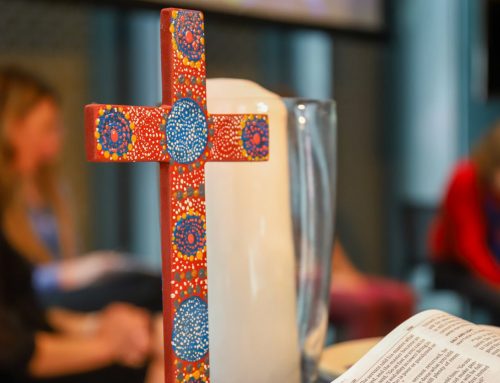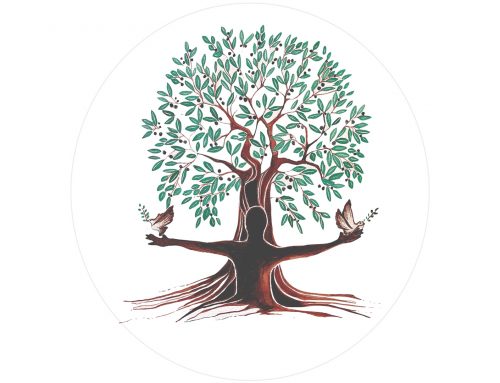The shepherd is one of the most enduring and beautiful symbols of our faith. Recently the lectionary invited us to reflect on John 10, in which Jesus describes himself as the ‘good shepherd’, and on Psalm 23, in which the Psalmist rejoices in the green pastures and quiet waters of our God. I can hardly think of two texts in the Bible that have exercised a deeper and more consequential impact on both our view of ourselves and of God.
What a wonderfully tender image it is; our God whose very vocation is to walk alongside us. To sleep under the stars. To lead us into peace and nourishment. To provide for our material and spiritual needs. To bear their head with us to the wind and the weather and the storms. To keep us company in the clamour and the silence.
In John 10 Jesus says, ‘I am the good shepherd. The good shepherd lays down his life for the sheep.’ Jesus joins God in their vocation of care and nourishment. He calls disciples from all nations. He is the head of the church. He gathers in those who are lost, those who are on the margins, those who are alone. But Easter reminds us that Jesus is both shepherd and lamb. Both the protector and the abandoned one. The one who is strong and the one who is weak. This is what Jesus’ humanity means. He knows what it is like to be vulnerable. He knows what it is like to be lost and found again. He shares that reunion with us. He shares resurrection life with us.
On that Sunday, Jenne Perlstein invited us to think what it might mean for us to live into the life of the Good Shepherd. In becoming more like Jesus, we are invited not only to be shepherded by him, but to become a shepherd ourselves. A shepherd to our neighbour, a shepherd to our siblings in the faith, a shepherd to those who are lost and marginalised and in need, a shepherd to our own hearts.
One of the ways that being a ‘shepherd’ has been made real to me has been by serving on Church Council. In the detail-driven business of building maintenance, financial planning, and policymaking, it can be easy to forget what the vocation of church leadership really means. The Uniting Church’s regulations say that ‘the main priority of the Church Council is to build the congregation up in faith and love.’ Our building can stand proudly for a thousand years and our bank accounts can overflow, but it won’t mean anything unless we are living deeply into who we are meant to be. This, above all, is what church leadership dedicates itself to. It’s what we all dedicate ourselves to.
This is what has surprised and delighted me about serving on Church Council. Thanks to our outstanding committees, we’re able to dedicate much less of our time to routine matters, and much more to deeper questions of shepherding. We spend time thinking about how to celebrate and rejoice in what is good and successful and life-giving. We think carefully about how to make our church safe. We spend time in worship and prayer together. We plan and vision for the future, thinking about our changing society and our place within it. We carefully consider the pastoral and spiritual well-being of our church. We encourage and build each other up. It is a truly rewarding experience.
At our AGM on June 2, nominations will be open for Church Council. There are no pre-requisites. Any and all skills are welcome. If you are drawn to being a Good Shepherd in this way, I would encourage you to talk to us about it.
Daniel Broadstock






Leave A Comment